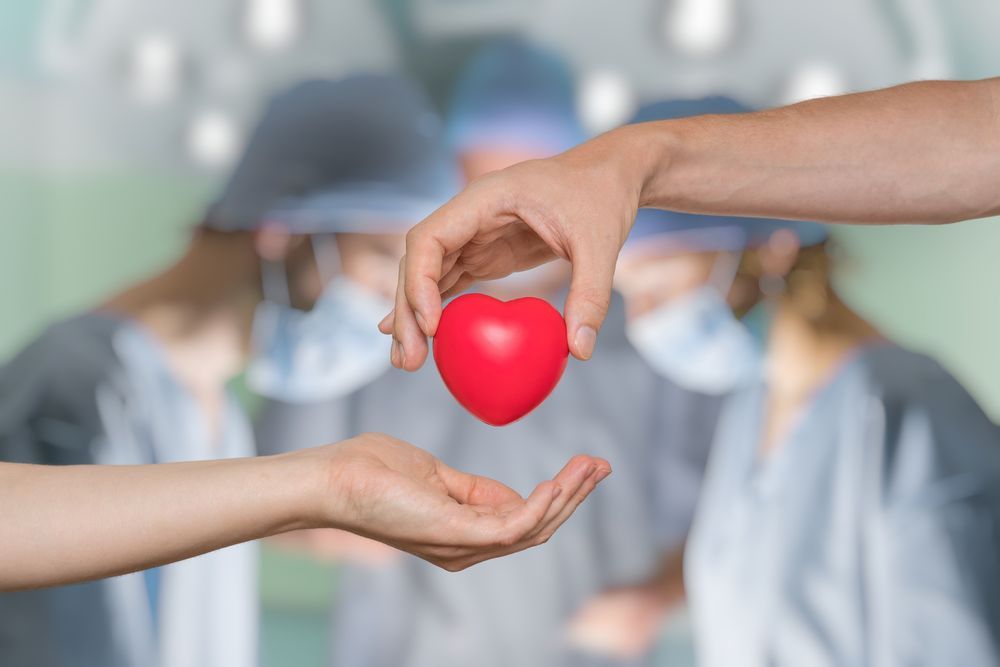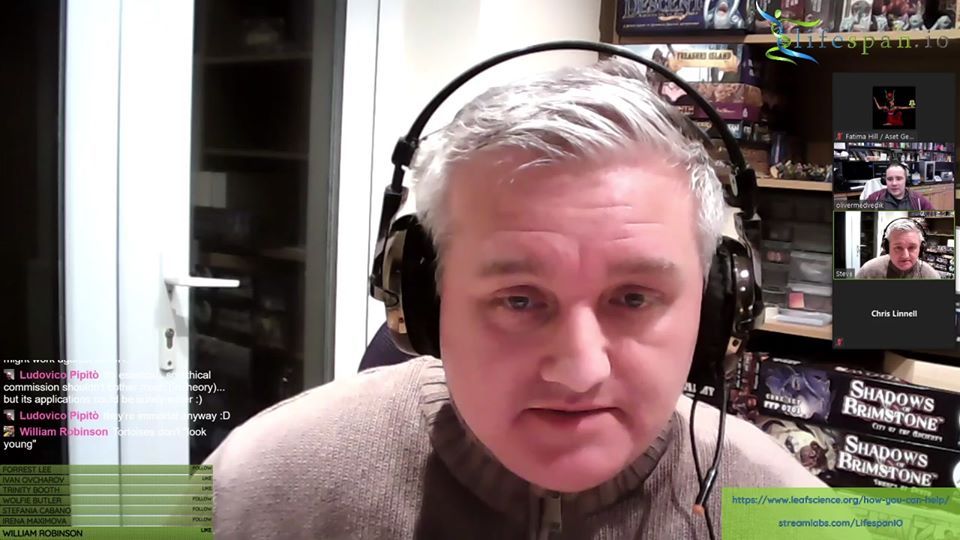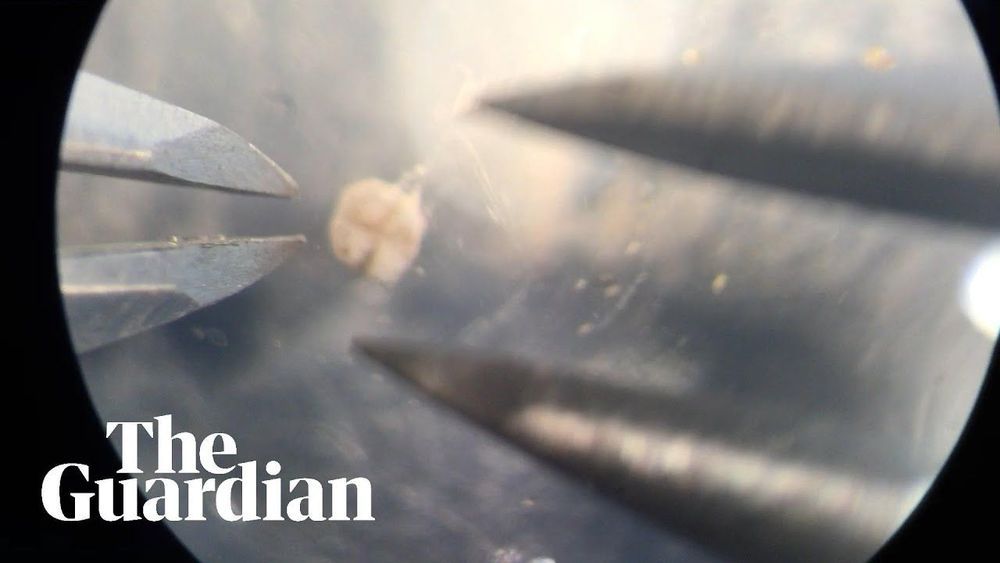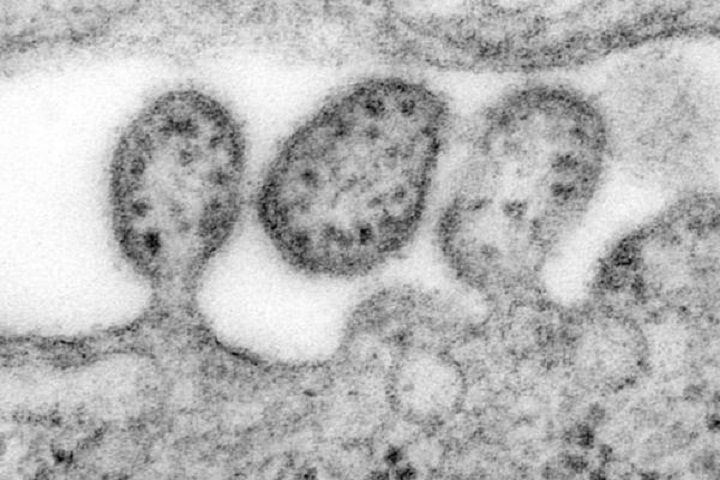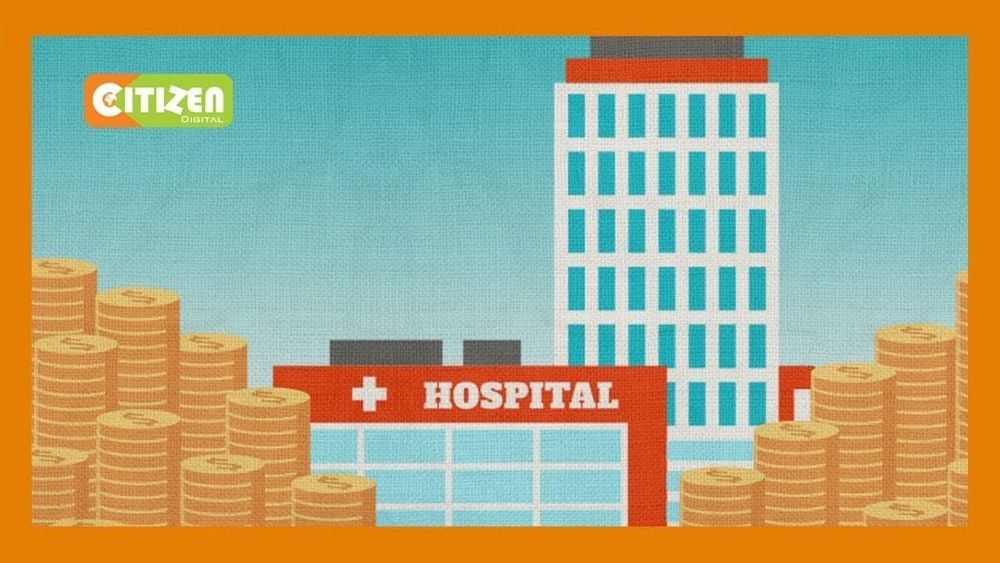Jan 28, 2020
Bill Gates in 2018: The world needs to prepare for pandemics just like war
Posted by Brent Ellman in categories: biotech/medical, health
The Centers for Disease Control and Prevention and health officials continue to grapple with the coronavirus outbreak that has killed at least 81 people in China and sickened 2,800 worldwide. And back in 2018, Billionaire Bill Gates gave a warning that the world wasn’t prepared for pandemics, which should “concern us all.”
Speaking at an event hosted by Massachusetts Medical Society and the New England Journal of Medicine (NEJM) on April 27, 2018, Gates said he believed “the world needs to prepare for pandemics in the same serious way it prepares for war.”
“This preparation includes staging simulations, war games and preparedness exercises so that we can better understand how diseases will spread and how to deal with responses such as quarantine and communications to minimize panic,” Gates said.
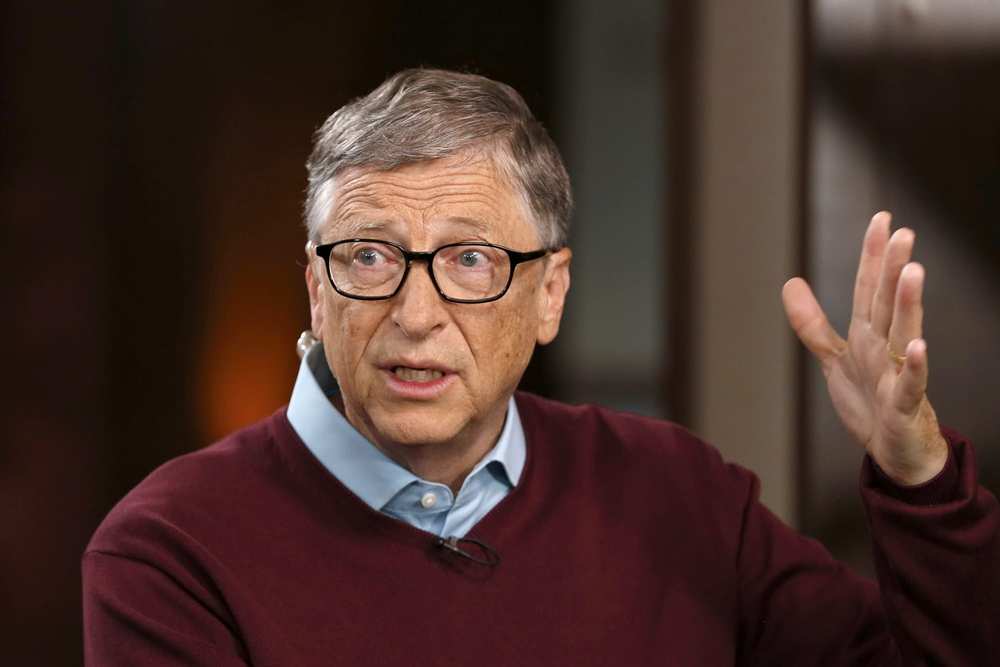
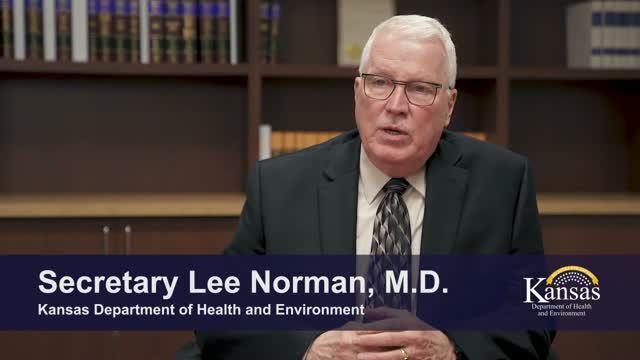
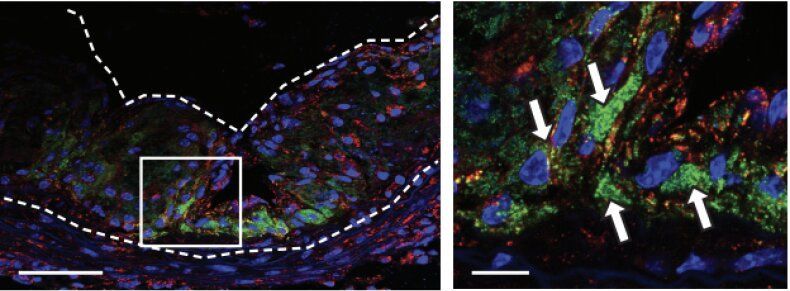

 We are delighted to announce that
We are delighted to announce that 